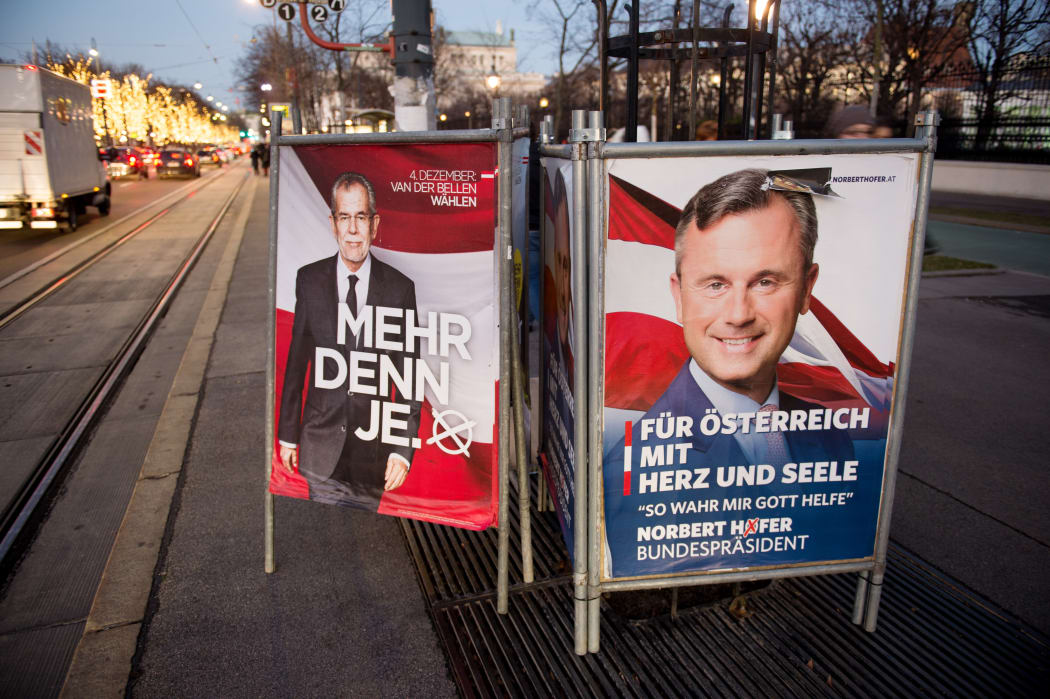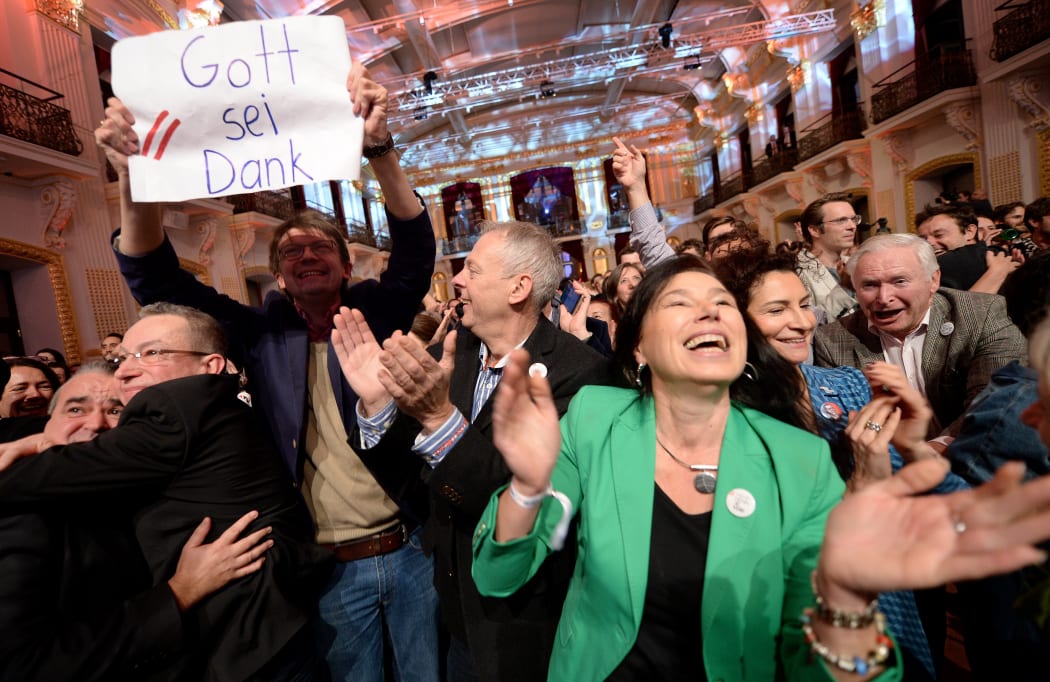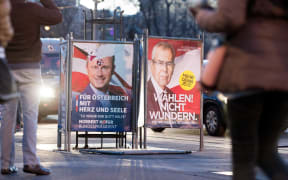Far-right candidate Norbert Hofer has lost Austria's presidential election to former Greens leader Alexander Van der Bellen.

Early results show former Greens leader Alexander Van der Bellen will beat far-right candidate Norbert Hofer. Photo: AFP
Mr Hofer's campaign manager Herbert Kickl conceded defeat as initial projections showed Mr Van der Bellen leading with around 54 percent to Hofer's 46 percent.
"The bottom line is it didn't quite work out," Mr Kickl told broadcaster ORF.
"In this case the establishment - which pitched in once again to block, to stonewall and to prevent renewal - has won."
Mr Hofer, a member of the anti-immigration and anti-Islam Freedom Party, narrowly lost the original run-off in May.
That result, however, was overturned due to irregularities in the counting of postal ballots.
Opinion polls suggested the re-run would be too close to call and could again come down to more than 700,000 postal votes.
However initial projections show Mr Van der Bellen leading.
The margin could change, but officials said the result would not.

Supporters of Alexander Van der Bellen, one holding a sign reading "Thank God", celebrate as early results come in. Photo: AFP
The elections had been seen as a sign of how well populist candidates might do in upcoming elections in the European Union, though the post is ceremonial.
France, the Netherlands and Germany all face elections next year in which anti-mainstream and anti-immigration parties are gaining ground.
Mr Hofer had campaigned on an anti-immigration platform amid disquiet in Austria at an influx of refugees.
He had also suggested Austria could follow Britain's vote to leave the EU with a referendum of its own but later appeared to row back, suggesting changing the bloc into a purely economic association.
- BBC / Reuters



